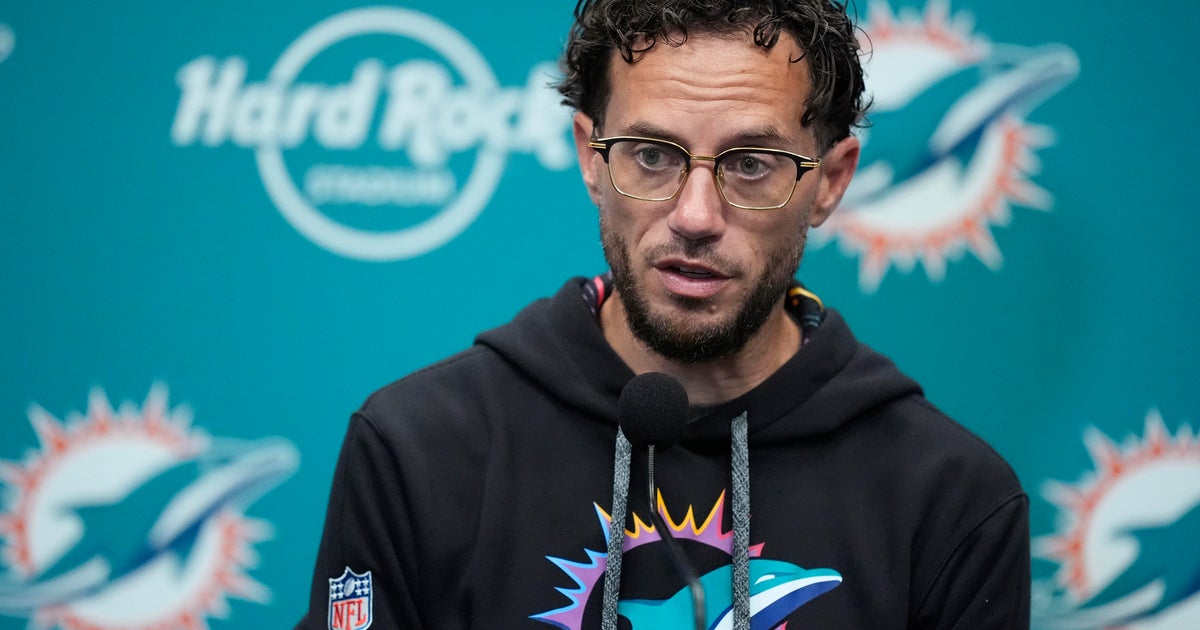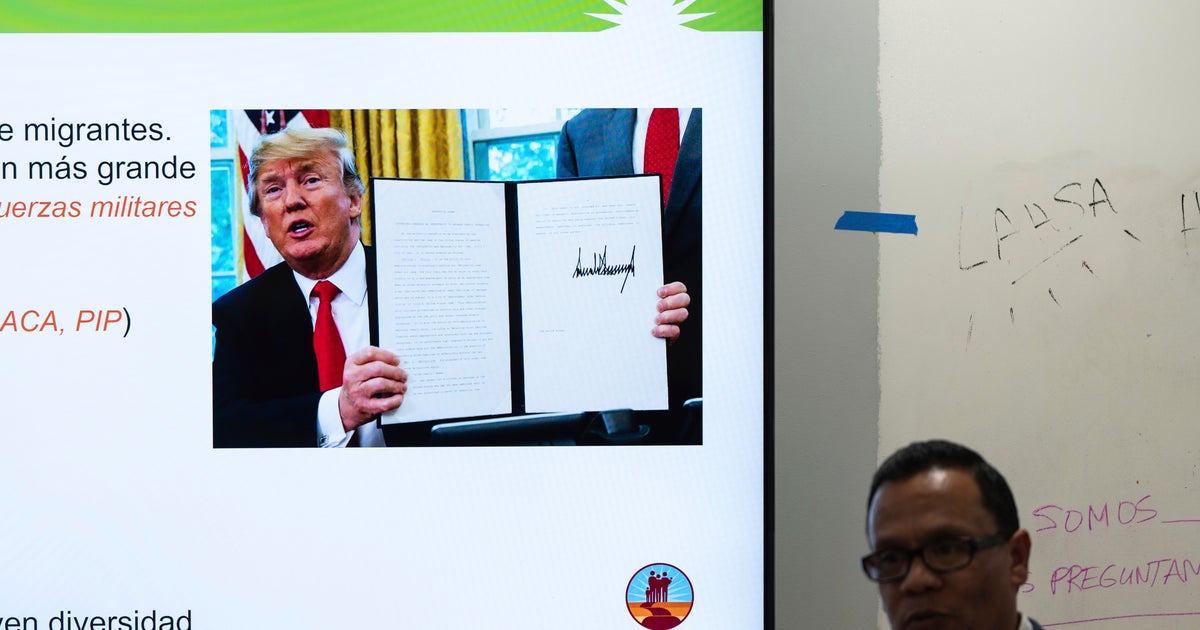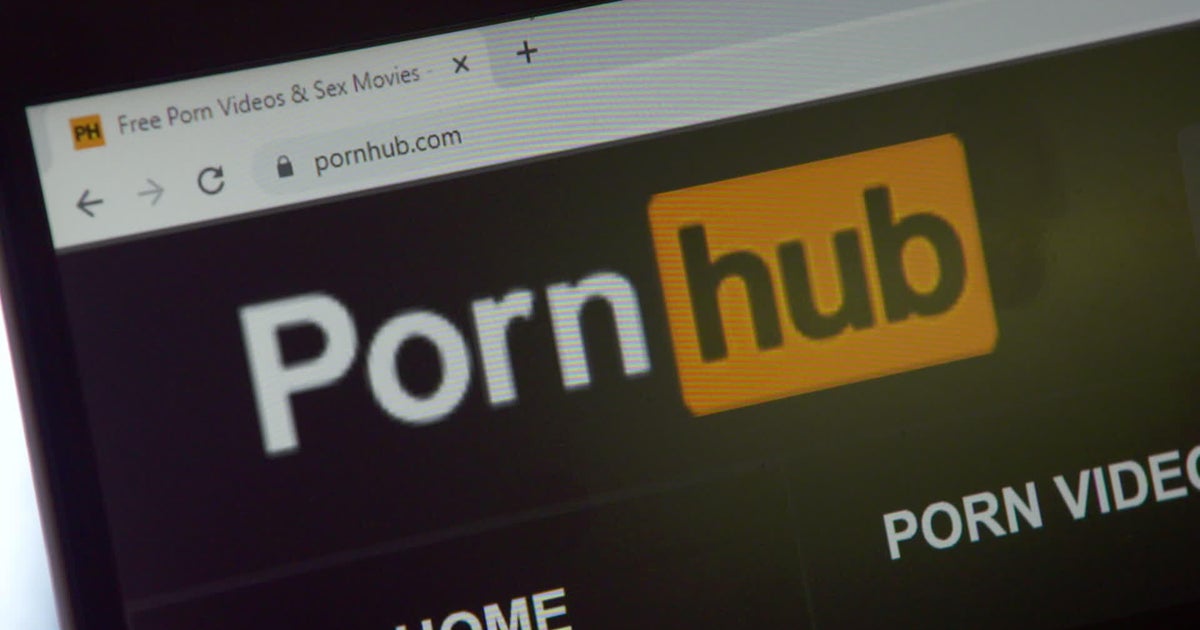Protests In Venezuela Continue; US Secretary Of State Mike Pompeo Says Military Action 'Possible'
CARACAS (CNN) -- Secretary of State Mike Pompeo reiterated Wednesday that US military action in Venezuela is an option in the wake of this week's violent protests, despite military officials and experts casting doubt on the prudence of such a move.
"The President has been crystal clear and incredibly consistent. Military action is possible. If that's what's required, that's what the United States will do," Pompeo said on Fox Business Network. "We're trying to do everything we can to avoid violence. We've asked all the parties involved not to engage in the kind of activity. We'd prefer a peaceful transition of government there, where Maduro leaves and a new election is held. But the President has made clear, in the event that there comes a moment -- and we'll all have to make decisions about when that moment is -- and the President will have to ultimately make that decision. He is prepared to do that if that's what's required."
On Wednesday, Gen. Joseph Dunford, the chairman of the Joint Chiefs, said that the US military was "prepared to support the President should he require more from" them. However, the top US military commander for US forces in Central and South America suggested that he did not see a role for the armed forces in the conflict over Venezuela's disputed leadership.
"Our leadership has been clear this has to be should be primarily a democratic transition," Adm. Craig Faller said Wednesday. "We are in total support of diplomacy and we stand ready to support that effort."
Acting Defense Secretary Patrick Shanahan said the US is taking "a whole of government" approach to the situation.
"When people say all options are on the table, they literally are, but we work it as much diplomatically and economically to impose pressure," he said Wednesday in appearance on Capitol Hill, adding, "we've done exhaustive planning so there's not a situation or scenario that we don't have a contingency for."
Acting Assistant Secretary of Defense for International Security Affairs Kathryn Wheelbarger told another congressional committee Wednesday the Defense Department has not been told to prepare for any sort of military engagement.
While administrations officials have said that "all options are on the table" since the US first backed opposition leader Juan Guaido, they have failed to voice any concrete plans and stressed that the Venezuelan people should be in control of their future. Experts note that there are sizable challenges to a military intervention.
"While the US has never taken the military option off the table, the US doesn't have forces in the area sufficient for an invasion," said Kevin Ivers, a Latin American expert and vice president of the DCI Group. Ivers said that a US attempt to intervene militarily in Venezuela "would be far more difficult even than Iraq. The terrain, the number of Venezuelan forces, it would have been a much bloodier conflict." He noted that not even neighboring Colombia has forces on the border with Venezuela at the moment, eliminating the possibility that a regional force could act.
Ivers added that armed US intervention -- something Guaido supporters have said they do not want -- "would have meant an end to international support for Guaido, but they always left it on the table to ensure the regime knew they meant business, this was a serious effort, not just for show."
Despite the normally apolitical role of members of the military, Faller voiced a direct -- and political -- message to the Venezuelan armed forces, calling on them "to do the right thing."
"A transition to legitimate democracy is underway, and I have a message for the professionals in the Venezuelan military and security forces -- the brutal dictatorship of Maduro has led to this man-made crisis. Cuba and Russia have invaded your country and disgraced your sovereignty. You have a chance to do the right thing and alleviate the suffering of your people and your families -- those you have sworn an oath to protect," he said.
The latest rhetoric comes as embattled Venezuelan president Nicolas Maduro has claimed his troops have defeated a "coup" attempt amid calls by Guaido for protesters to return to the streets Wednesday.
When Guaido announced his interim government in the beginning of the year, he was backed by the US and dozens of other nations. Since then, Venezuela -- which is mired in a deep political and humanitarian crisis -- has had two men claiming to be president.
On Tuesday, Pompeo claimed to CNN's Wolf Blitzer that Maduro was preparing to leave the country for Cuba but was talked out of it by Russia. Moscow has denied the accusation.
Pompeo spoke with Russian Foreign Minister Sergey Lavrov on Wednesday and "stressed that the intervention by Russia and Cuba is destabilizing for Venezuela and for the US-Russia bilateral relationship," according to a State Department readout of their conversation.
National security adviser John Bolton said on CNN's "New Day" Wednesday morning that US national security officials would be meeting about Venezuela later in the day. Shanahan has canceled his international travel set for Wednesday in order to more effectively coordinate with the National Security Council and the State Department on Venezuela, Shanahan's spokesperson said.
(©2019 Cable News Network, Inc., a Time Warner Company. All rights reserved.)



